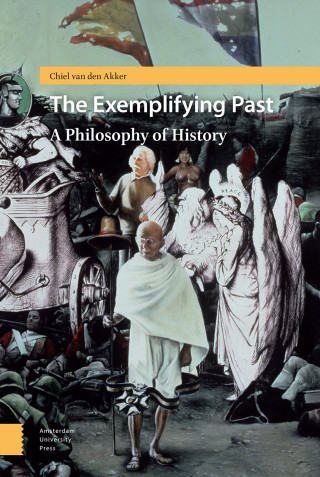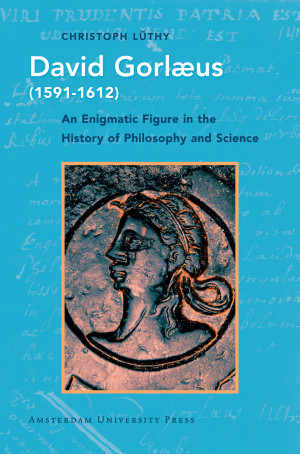Toen David Gorlaeus (1591-1612) op 21 jarige leeftijd overleed, liet hij twee baanbrekende manuscripten na. Na de postume publicatie in 1620 en 1651 hadden zijn werken een opmerkelijke invloed.
Doordat Gorlaeus’ identiteit onbekend was, ontstonden al snel zeer uiteenlopende interpretaties van de publicaties. Lezers uit de zeventiende eeuw dachten met een anti-aristotelische denker en een voorloper van Descartes van doen te hebben. Twintigste-eeuwse historici schilderden hem af als een atomist, natuurwetenschapper en zelfs als chemicus. Gorlaeus was echter 'slechts' beginnend theologiestudent en zijn werk bevindt zich op het kruispunt van filosofie, de ontluikende natuurwetenschappen en theologie.
Dit boek beoogt inzicht te geven in de familieomstandigheden van Gorlaeus, zijn opleiding aan de universiteit van Franeker en Leiden en de historische context waarin hij zijn werk schreef. Ten slotte probeert de auteur te bepalen welke plaats Gorlaeus’ werken innemen in de geschiedenis van de Nederlandse filosofie en wat hun invloed was op de ontwikkelingen in filosofie en wetenschap.
|Deze studie van het leven en denken van David Gorlaeus (1591-1612) probeert opheldering te geven rond het mysterie dat deze vroegmoderne Nederlandse denker omgeeft. Bij Gorlaeus’ overlijden op slechts eenentwintigjarige leeftijd liet hij twee zeer vernieuwende manuscripten na, die postuum gepubliceerd zijn, respectievelijk in 1620 en 1651. Aangezien zijn identiteit op dat moment nog onbekend was, begrepen zeventiende-eeuwse lezers hem als een antiaristotelisch denker en als een voorloper van Descartes. Twintigste-eeuwse geschiedkundigen daarentegen hebben hem afgebeeld als een atomist, als natuurwetenschapper en zelfs als scheikundige. Gorlaeus stond echter ten tijden van zijn overlijden ingeschreven als beginnend student in de theologie. Zijn gedachtegoed moet dan ook gepositioneerd worden op het snijvlak tussen filosofie, de ontluikende natuurwetenschappen en de theologie, en moet bovendien geplaatst worden in een precieze historische situatie. Het doel van deze studie is nieuw licht te werpen op Gorlaeus’ familieomstandigheden, zijn onderricht in Franeker en Leiden, en op de venijnige Arminiaanse crisis die de context vormde waarbinnen Gorlaeus’ werk geschreven werd. Ze poogt eveneens Gorlaeus’ plaats binnen de geschiedenis van de Nederlandse filosofie te definiëren en te beoordelen welke invloed hij mogelijk heeft gehad in vroege Cartesiaanse kringen.

